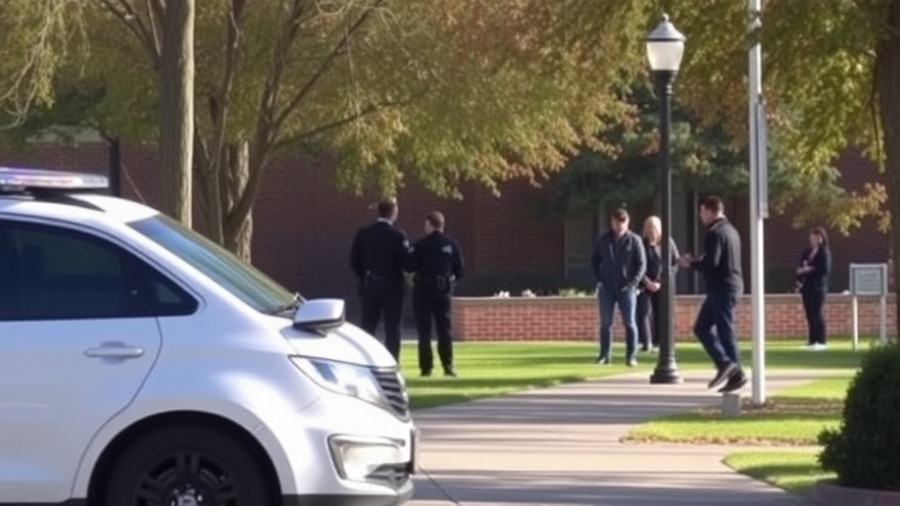
A Disputed Journey: The NAACP vs. the Department of Education
In South Carolina, a significant legal battle recently concluded as a federal judge dismissed a lawsuit filed by the state’s NAACP against the Department of Education. The lawsuit, which stirred considerable attention, centered on claims regarding educational equity and disparities faced by students stemming from systemic issues within the state's educational structure. While Judge Mary Geiger Lewis ruled that the court does not hold jurisdiction, the implications of this case extend beyond mere legal technicalities.
Understanding the Stakes: A Closer Look at Educational Equity
The NAACP argued that the state's policies disproportionately affected Black students, reflecting a broader concern regarding educational equality across the nation. Such lawsuits highlight a fundamental question: How to ensure every child, regardless of race or background, receives a quality education? As communities strive for fair access, this case sheds light on ongoing debates about how legislation and leadership directly impact lives.
Echoes from the Past: Historical Context of Civil Rights in Education
This dismissal echoes a long history of civil rights efforts aimed at dismantling systemic racism in education. Disputes similar to this one have played out throughout the last century, from Brown v. Board of Education to modern-day advocacy regarding educational reform. The commitment of organizations like the NAACP remains critical in the fight to ensure educational reforms that cater to everyone.
What Lies Ahead: Educational Reform in South Carolina
Although this ruling marks a setback for the NAACP, it also serves as a call to action. Stakeholders, including educators, parents, and community leaders, must now forge a path toward creating equitable educational systems. The case may be over, but conversations surrounding educational justice must continue, pushing for reform and accountability within the education system.
In conclusion, while the judge's decision closed this chapter, it opened the door for continued advocacy and dialogue around educational equity in South Carolina. Community members should remain engaged and informed, using the case as a springboard for further discussions on how best to serve every child's educational needs.
 Add Row
Add Row  Add
Add 




Write A Comment